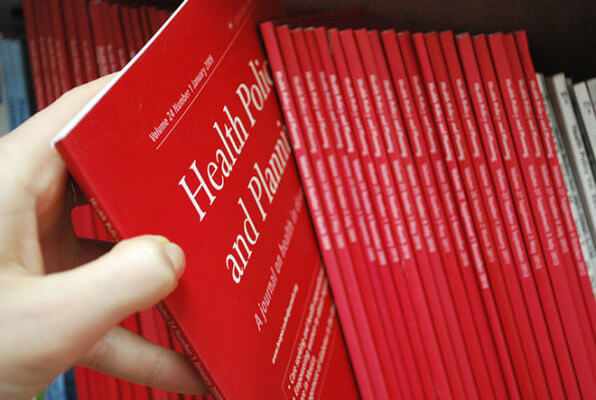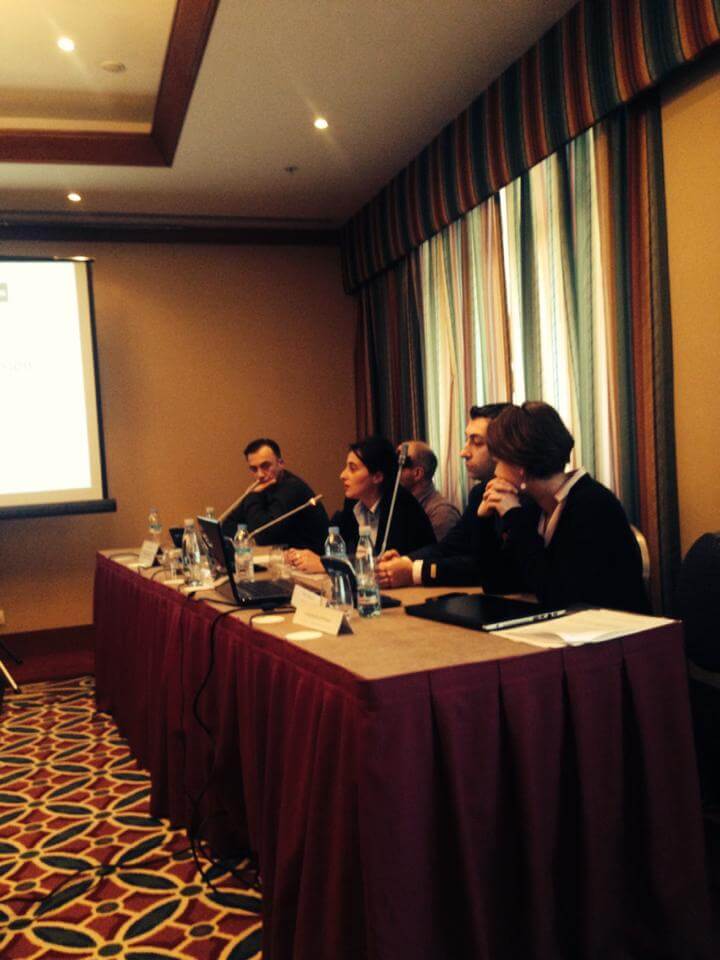Gavi, the Vaccine Alliance published response to the “Final evaluation of Gavi support to Bosnia and Herzegovina” conducted by Curatio International Foundation.
Gavi assess the final evaluation and the given recommendations as an important document for the transition country program development.
 “We view these evaluations as particularly important to help inform how we can better help countries transition away from Gavi support in the future and to provide lessons learned and recommendations that could inform Gavi’s Graduation Policy going forward.” – Read the full document.
“We view these evaluations as particularly important to help inform how we can better help countries transition away from Gavi support in the future and to provide lessons learned and recommendations that could inform Gavi’s Graduation Policy going forward.” – Read the full document.
The evaluation assessed both financial and programmatic sustainability through an in-depth analysis of BiH’s experiences and immunization program performance before, during and after the conclusion of Gavi’s period of support for the country. The evaluation also identified factors contributing to the sustainability of these programs and their achievements and gives five key recommendations to Gavi.
To read the final evaluation report, please follow the link.
 The study was a part of a multi-country coting and financing study of routine immunization program, supported by the Bill and Melinda Gates Foundation.
The study was a part of a multi-country coting and financing study of routine immunization program, supported by the Bill and Melinda Gates Foundation. An International peer reviewed Journal Vaccine, published an article Costs of routine immunization services in Moldova: Findings of a facility-based costing study. Authored by experts from the Curatio International Foundation.
An International peer reviewed Journal Vaccine, published an article Costs of routine immunization services in Moldova: Findings of a facility-based costing study. Authored by experts from the Curatio International Foundation. This study documented that after 3 years of the MIP implementation the program successfully managed to reduce financial access barriers for the MIP covered individuals by delivering greater financial benefits to the poorest. Although the MIP did not facilitate growth in health care utilization for all beneficiaries, positive trends were observed among capital city residents.
This study documented that after 3 years of the MIP implementation the program successfully managed to reduce financial access barriers for the MIP covered individuals by delivering greater financial benefits to the poorest. Although the MIP did not facilitate growth in health care utilization for all beneficiaries, positive trends were observed among capital city residents. On January 29, at Courtyard Marriott Hotel was held a Civil Society Forum organized by Country Coordination Mechanism. The forum was part of country dialogue process regarding HIV/AIDS and Tuberculosis issues. During the meeting, civil society representatives shared results of their work and challenges that still exists.
On January 29, at Courtyard Marriott Hotel was held a Civil Society Forum organized by Country Coordination Mechanism. The forum was part of country dialogue process regarding HIV/AIDS and Tuberculosis issues. During the meeting, civil society representatives shared results of their work and challenges that still exists.